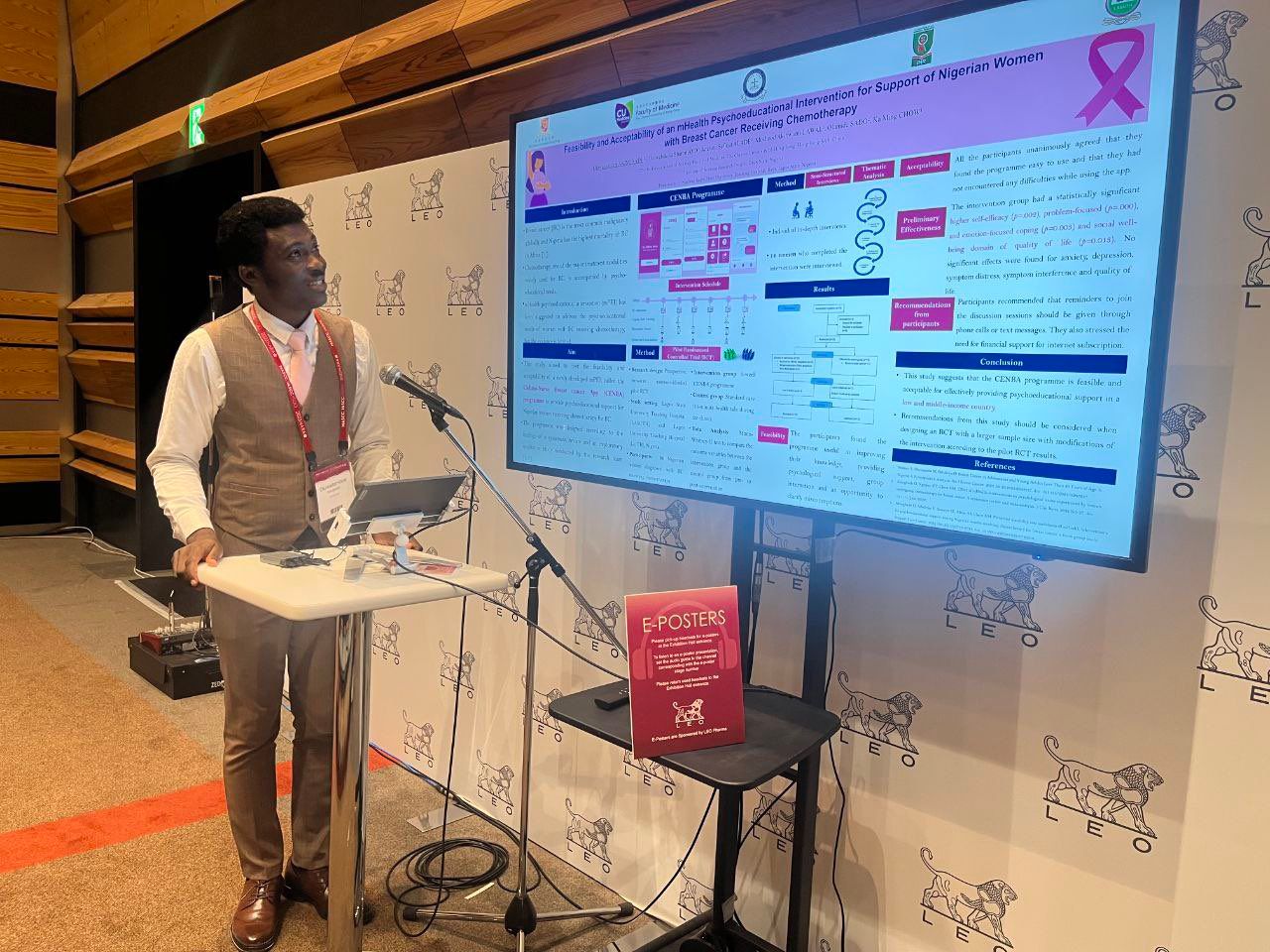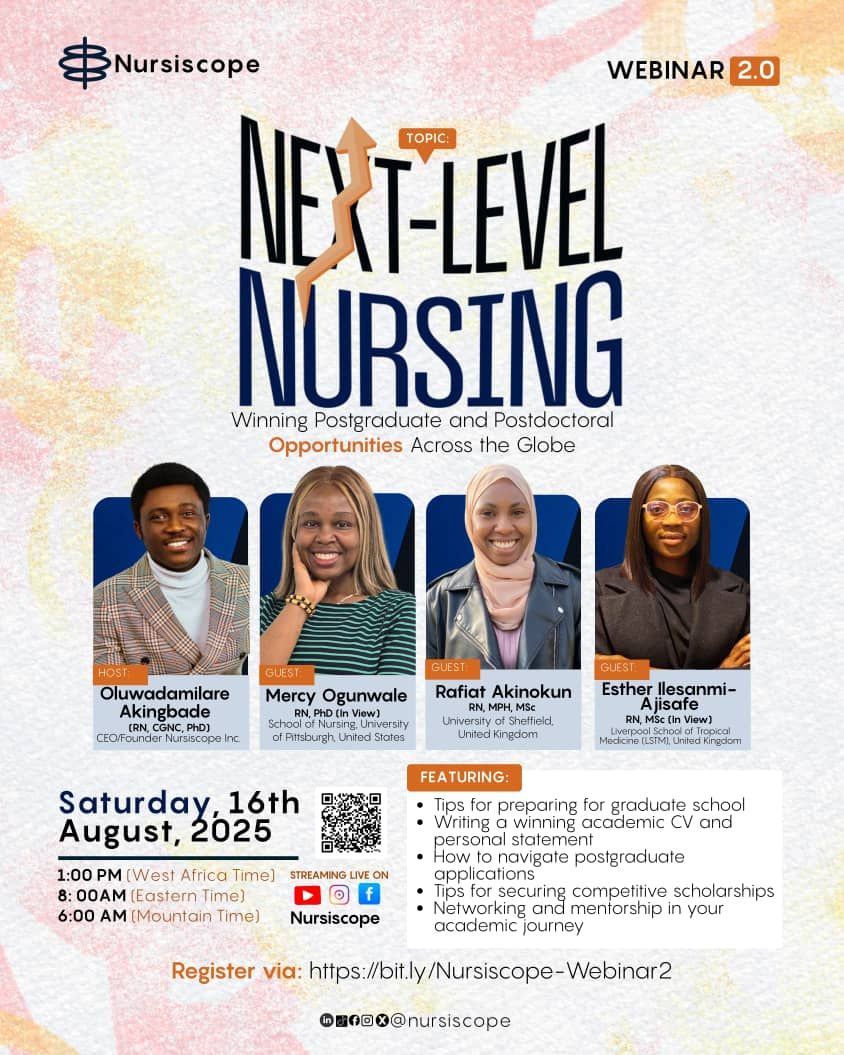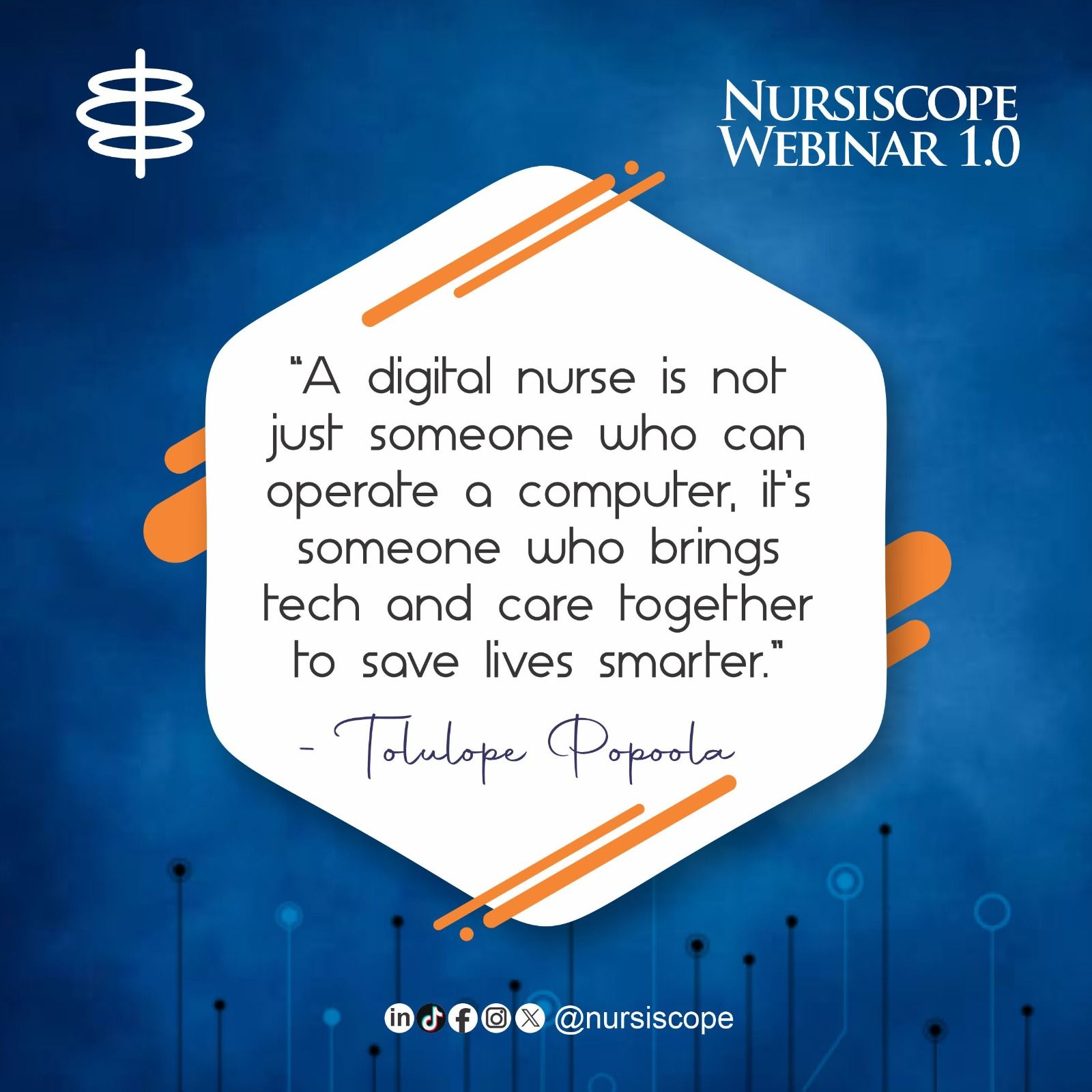Winning a scholarship for postgraduate study: 7 tips
Stepping out of your comfort zone into all that God has in store for you…
Dammy Akingbade
Feb 2, 2025
I thought to share 7 tips that might help intending scholars. Keep these in mind as you prepare.

Applying for a PhD or MSc scholarship can be daunting for many students. As we are in the application season for postgraduate scholarships, I thought to share 7 tips that might help intending scholars. Keep these in mind as you prepare:

1. Start early:
Don't wait until the last minute to start your application. Give yourself enough time to gather all the necessary documents, e.g. international passport, personal statement, required tests, like IELTS. Also, be rigorous. A hurriedly written application might appear very poor in quality and lack the rigour indicative of a good application. I remember writing my PhD application when I was on 30 days of annual leave in 2019. I shut myself off distractions to focus on the application.
2. Research your options:
There are many different scholarships available, so make sure to research and find the ones best suited for your field of study and career goals. It might be helpful to also decide on the country you want to focus on; it helps to streamline your search. However, it is beneficial to apply to more than one school. It helps to increase your chances. In subsequent posts, I will share some you can take advantage of.
3. Understand the requirements and get organised:
Each scholarship will have its requirements, so read the instructions carefully and follow them to the letter. Create a checklist of all the documents and materials you need to submit, and keep track of deadlines and important dates.
4. Get powerful recommendations from your referees:
Some referees will ask you to prepare a draft for them, so they do not miss out on any vital information. If you are preparing three for different referees, you will agree that is a lot, as each must be unique. Again, prepare early.
5. Seek feedback:
Ask professors, mentors, or other professionals to review your application and provide feedback. They can help you identify areas where you need to improve and strengthen your application. I also recommend contacting some scholars already in your target countries or schools. It feels good to have the insight of the insiders.
6. Be yourself:
Your personal statement should reflect your personality, goals, and achievements. Be honest and authentic, and avoid sounding overly academic or impressive. In another post, I will share tips to help you prepare a winning statement of purpose.
7. Stay positive:
The application process can be stressful, but stay positive and focused on your goals. Remember that every rejection is an opportunity to learn, grow, and keep working towards your dreams.
I wish you the best!
P.S. Do you have any additions to these tips, or do you need to make any clarifications? I will be in the comments section. Let’s talk!
Affectionately,
Dr. Oluwadamilare Akingbade
CEO/Founder- NursiScope
+2 Likes






.jpg)





